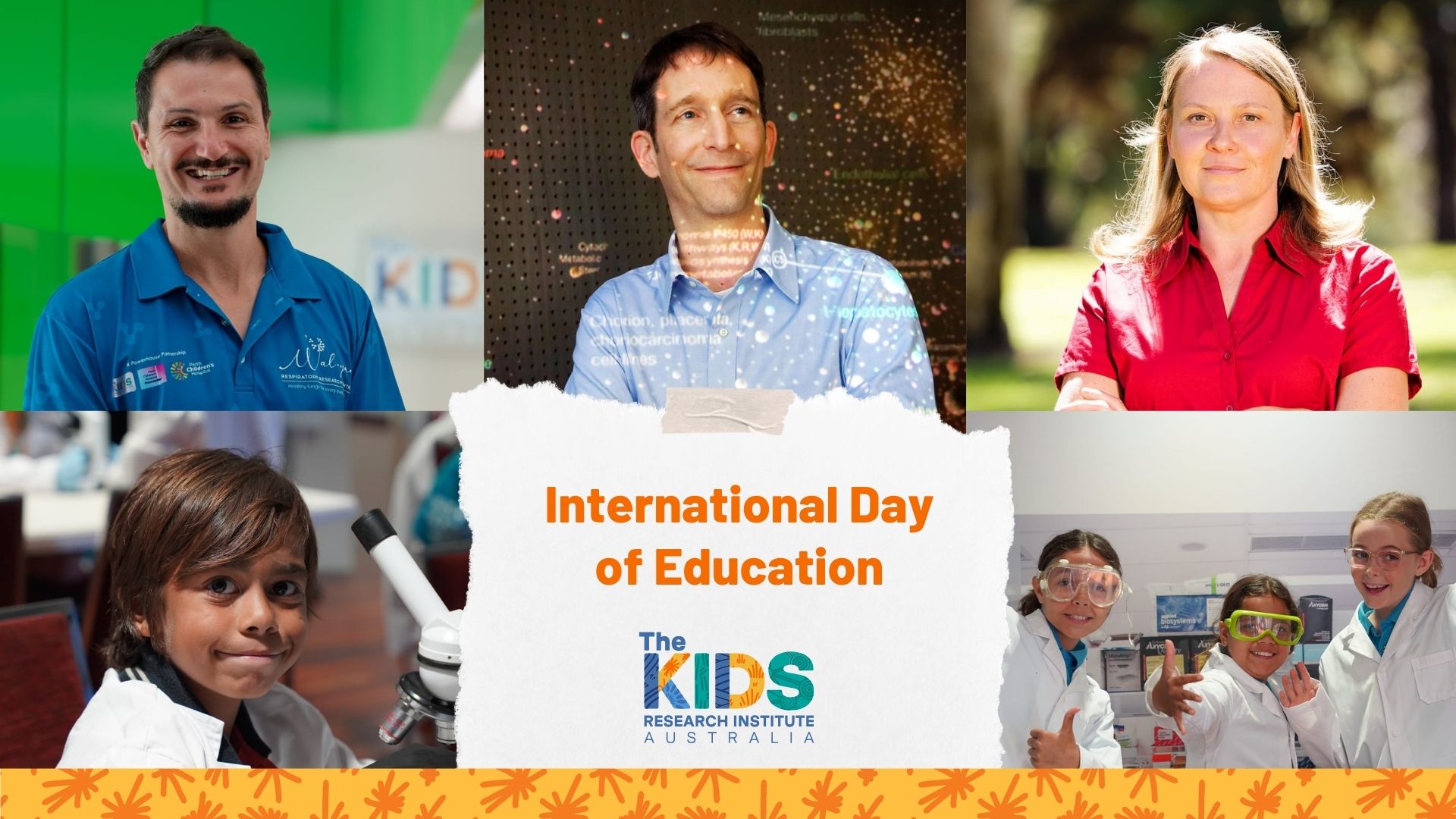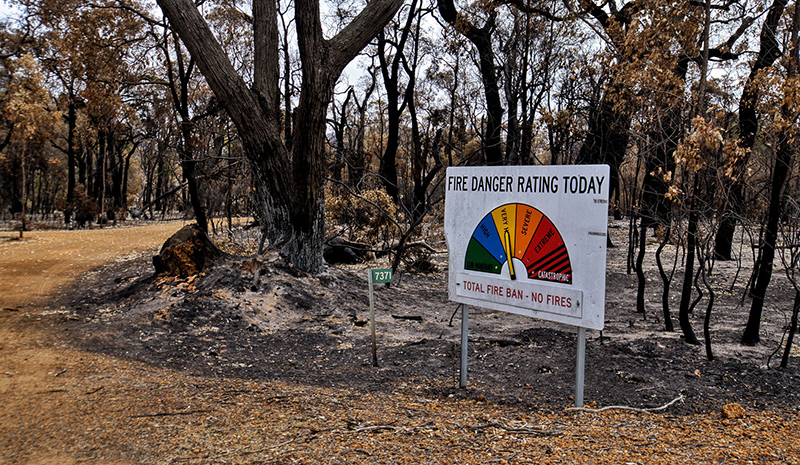Search

"Compassionate Use" treatments are novel treatments not widely available to everyone, but ones that holds great promise for potentially becoming a widely used treatment in the future.

News & Events
International Day of Education: AI and Education at The Kids Research InstituteToday, 24 January 2025, is International Day of Education, a global celebration of the power of learning to transform lives. This year’s theme, “AI and Education: Preserving Human Agency in an Automated World”, underscores the critical role of education in preparing kids for a future increasingly shaped by AI.

News & Events
Five researchers from The Kids awarded Early Career Child Health Researcher FellowshipsFive researchers from The Kids Research Institute Australia have been awarded three-year fellowships with the aim of keeping more WA-based PhD graduates involved in child health research.

News & Events
The Kids researchers named as finalists in 2023 Premier’s Science AwardsFive The Kids Research Institute Australia researchers working across diverse and highly impactful areas of child health research have been named as finalists for the 2023 Premier’s Science Awards.

News & Events
How summer bushfires can impact your family’s healthBushfires can have a considerable impact on our health, with some symptoms lasting long after the flames are extinguished. And our children are amongst the most vulnerable.
Research
Investigating the Implications of CFTR Exon Skipping Using a Cftr Exon 9 Deleted Mouse ModelSeverity and disease progression in people with Cystic Fibrosis is typically dependent on their genotype. One potential therapeutic strategy for people with specific mutations is exon skipping with antisense oligonucleotides. CFTR exon 9 is an in-frame exon and hence the exclusion of this exon would excise only 31 amino acids but not alter the reading frame of the remaining mRNA.
Research
Development and validation of a miniaturized bacteriophage host range screening assay against antibiotic resistant Pseudomonas aeruginosaAntimicrobial resistance is a current global health crisis, and the increasing emergence of multidrug resistant infections has led to the resurgent interest in bacteriophages as an alternative treatment.
Research
Conducting decolonizing research and practice with Australian First Nations to close the health gapThe purpose of this paper is to highlight a perspective for decolonizing research with Australian First Nations and provide a framework for successful and sustained knowledge translation by drawing on the recent work conducted by a research group, in five remote communities in North-Western Australia.
Research
Cystic fibrosis clinical isolates of aspergillus fumigatus induce similar muco-inflammatory responses in primary airway epithelial cellsAspergillus is increasingly associated with lung inflammation and mucus plugging in early cystic fibrosis disease during which conidia burden is low and strains appear to be highly diverse. It is unknown whether clinical Aspergillus strains vary in their capacity to induce epithelial inflammation and mucus production.
Research
A cluster randomized trial of interferon ss-1a for the reduction of transmission of SARS-Cov-2: protocol for the Containing Coronavirus Disease 19 trial (ConCorD-19)SARS-CoV-2 infection rapidly spreads in populations due to the high rates of community transmission. Interrupting the shedding of SARS-CoV-2 may reduce the incidence of Coronavirus Disease 19 (COVID-19).
